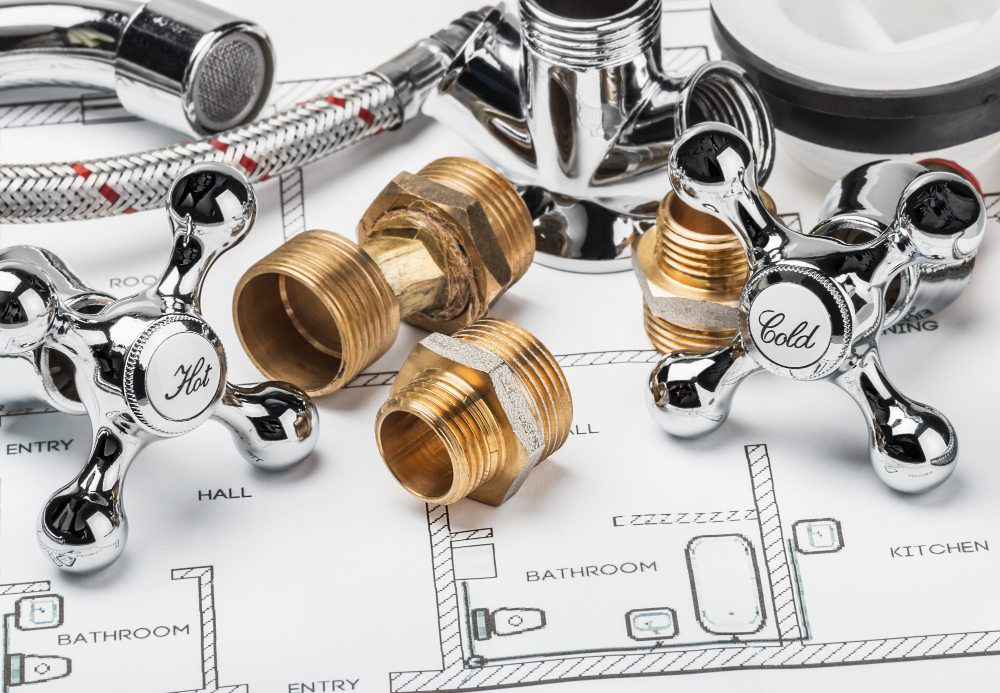Plumbing emergencies can strike at any time, often catching homeowners off guard. Knowing how to react quickly and effectively can help minimize damage and save you money on repairs. Here are five common plumbing emergencies and how to handle them:
1. Burst Pipes
A burst pipe can cause extensive water damage if not addressed promptly. To mitigate the damage, turn off the main water supply immediately. Then, open faucets to drain the remaining water in the pipes. Call a plumber to repair or replace the damaged pipe.
2. Overflowing Toilet
An overflowing toilet can be messy and unhygienic. Shut off the toilet’s water supply by turning the valve located behind the toilet base. Use a plunger to try to clear the blockage. If that doesn’t work, call a plumber to avoid further damage.
3. Clogged Drain
A clogged drain can lead to slow drainage or backups. Try using a plunger or a drain snake to clear the blockage. Avoid using chemical drain cleaners, as they can damage your pipes. If the clog persists, call a plumber to assess the situation.
4. Water Heater Malfunction
A malfunctioning water heater can result in no hot water or leaks. Check the pilot light (if you have a gas heater) and the circuit breaker (for electric heaters). If you can’t identify the issue, call a plumber to inspect and repair the water heater.
5. Leaking Faucets or Fixtures
Leaking faucets or fixtures can waste water and lead to higher utility bills. Turn off the water supply to the affected fixture. Then, determine the cause of the leak, such as a worn-out washer or O-ring. Replace the damaged part or call a plumber for assistance.
Handling plumbing emergencies promptly can prevent further damage to your home and save you money on repairs. However, if you’re unsure how to address the issue or if the problem is severe, don’t hesitate to call a professional plumber. Remember, safety should always come first when dealing with plumbing emergencies.



